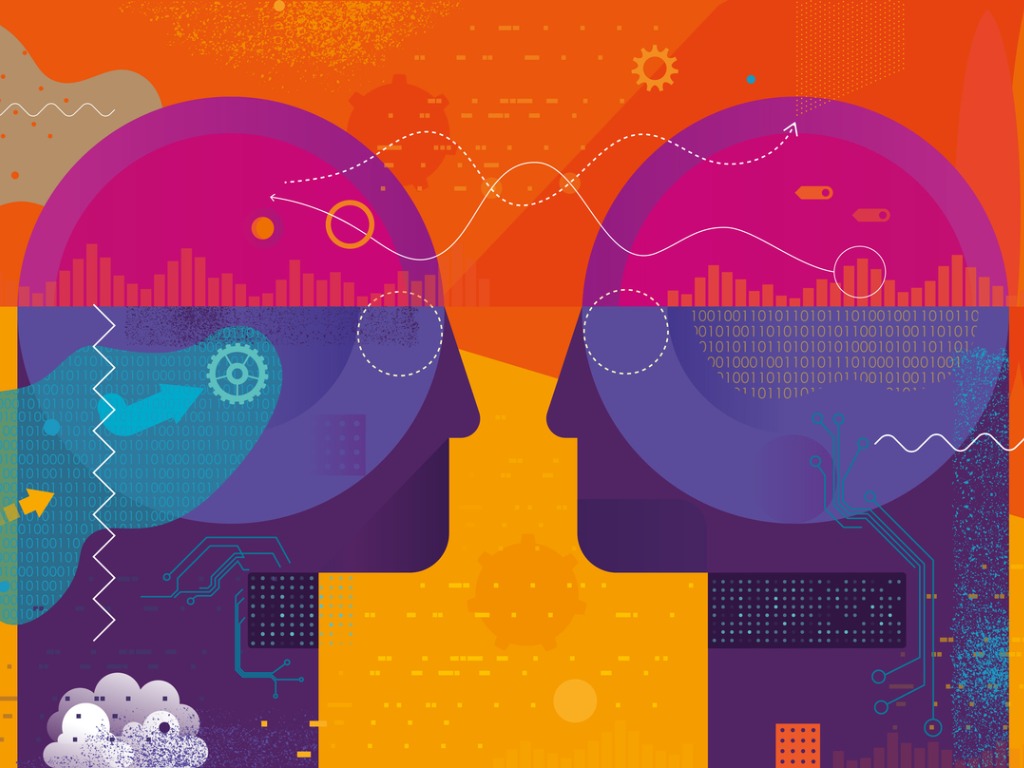
Sarah Lewis explains how to boost your resilience and adaptability in difficult times
Our “new normal” involves living with the reality of coronavirus. Navigating this will take resilience and adaptability.
Resilience requires having the resources to cope with unexpected, difficult or adverse situations. Having resources, being aware of them, and being able to deploy them, feed our resilience, and our ability to bounce back from adversity.
Being adaptable means being able to quickly and appropriately change our behaviour when circumstances change. For example, we are having to find different ways to manage work, often alongside home schooling children.
How can we discover our resourcefulness and boost our resilience and adaptability?
Broadly speaking, we have personal resources and social resources to call on.
Personal resources
1. Our Strengths
One of our biggest sources of personal resources is our own unique strengths. They’re the things that are natural for us to do and seem easy.
It’s important to know our own strengths as using them boosts our confidence and gives us energy, allowing us to recover more quickly from setbacks. We are likely to solve a problem better if the solution uses our strengths. To learn more about your unique strengths you can take the VIA free strengths test or buy packs of strength cards to help self-identify your personal strengths. With the knowledge you gain you can then get some feedback from others on how they see your strengths, and when they’ve seen you use them in a difficult situation.
2. Our previous experiences
When we are stressed or anxious it can be helpful to remember other times when we coped, when we got through a tricky situation or when we turned a situation around. Being in the grip of the present can prevent us from accessing resources from the past: our knowledge, our skills, our experience.
We can discover these hidden resources by remembering our best experiences, when we weren’t just coping but really flourishing and excelling. Appreciative Inquiry is a change process built on the understanding that resources from the past can help us in the present and in the future. There are there are some excellent books about how to apply this in your professional and your personal life.
3. Boosting our resilience by building our HERO abilities
Our HERO abilities are made up of our states of hopefulness, optimism, resilience and confidence. Add the four together and the whole is greater than the sum of the parts. In other words, although resilience is part of our HERO abilities, it is also boosted if we can boost our sense of hope, optimism and confidence.
Social resources
Our social networks extend our resourcefulness. Think of it as ‘I know a (wo)man who can’. Our network contains people who find easy what we find hard. They can be a source of inspiration, uplift, practical advice, useful contacts and many other resources that help us cope. Exchange your strengths across your network.
Organisational social capital
An organisation’s social capital reflects its connectedness. It’s about how easily information flows and how much trust there is. As more people return to work, key questions will be: Do staff believe the business is telling them what they need to know? Do they trust the plans to keep them safe?
Quick tips for boosting your resilience and adaptability in the new normal
1. Follow safety instructions
More importantly, understand the principles and apply them in different situations so you can be active in keeping yourself safe.
2. Manage your energy and look after yourself
Adapting our behaviour means we can’t run on habitual lines, so it takes more energy even if you seem to be achieving less. Go easy on yourself!
3. Re-prioritise, and then do it again when things change again
It’s very easy to assume priorities stay the same even as the situation changes. They don’t. Take time to think about what the highest priorities are in this situation, within these constraints, with these resources.
4. Create and recreate structure for yourself
Structure helps because it reduces decision-making, which is taxing. Keep evolving new structures to your day or your life as things change.
5. Redefine your goals so you can succeed in the new situation
This is very important.












